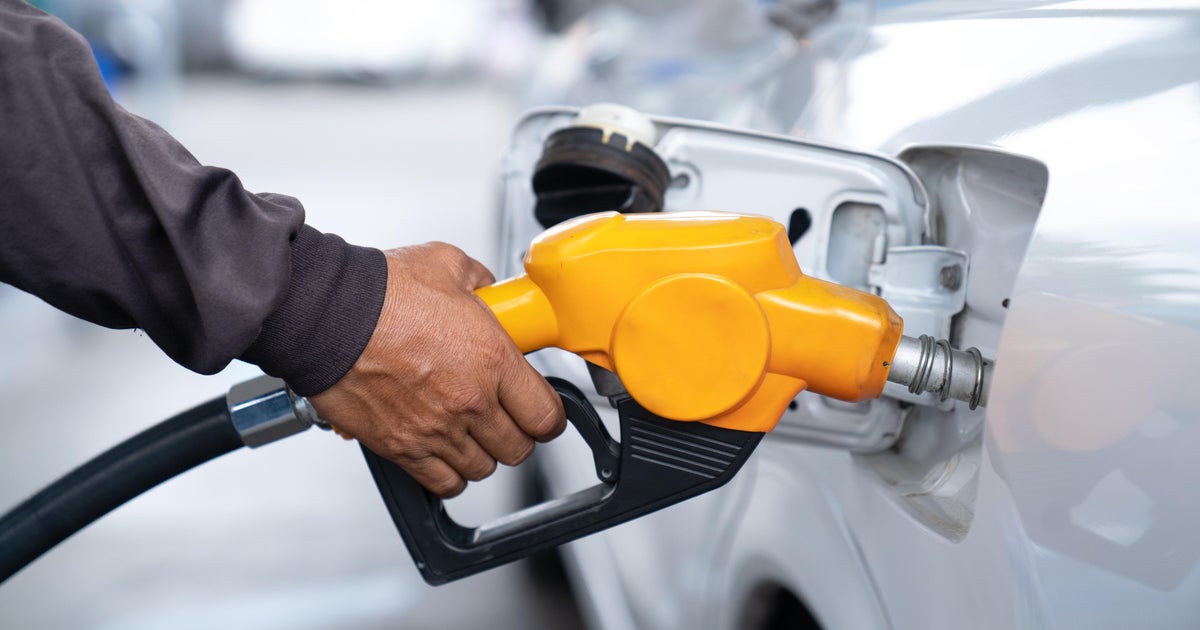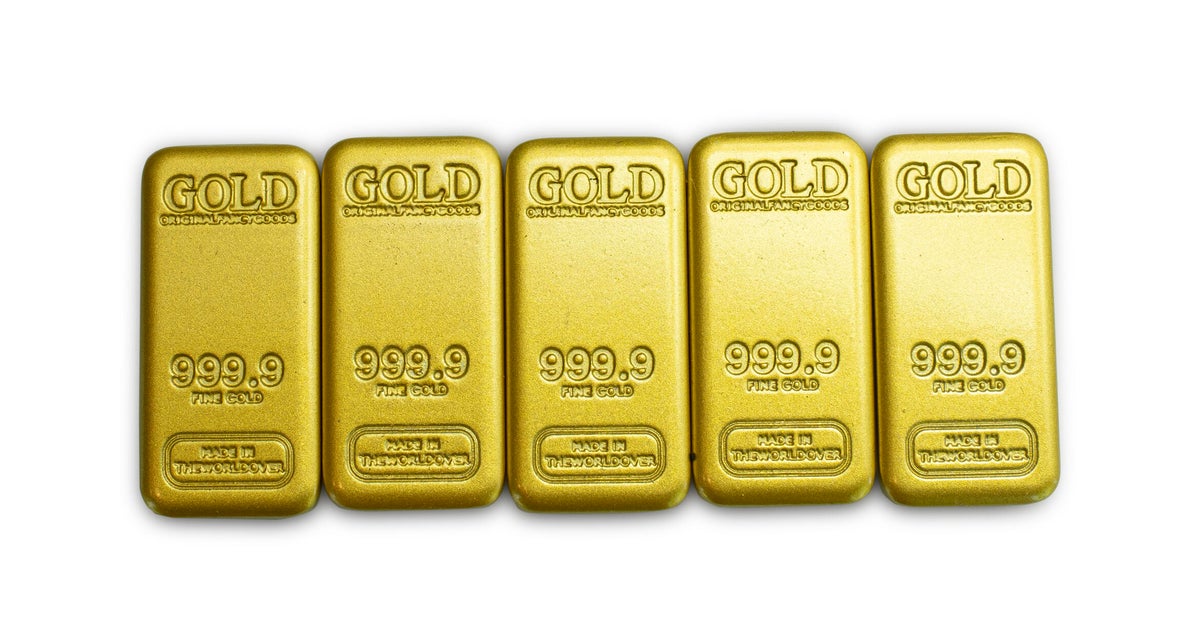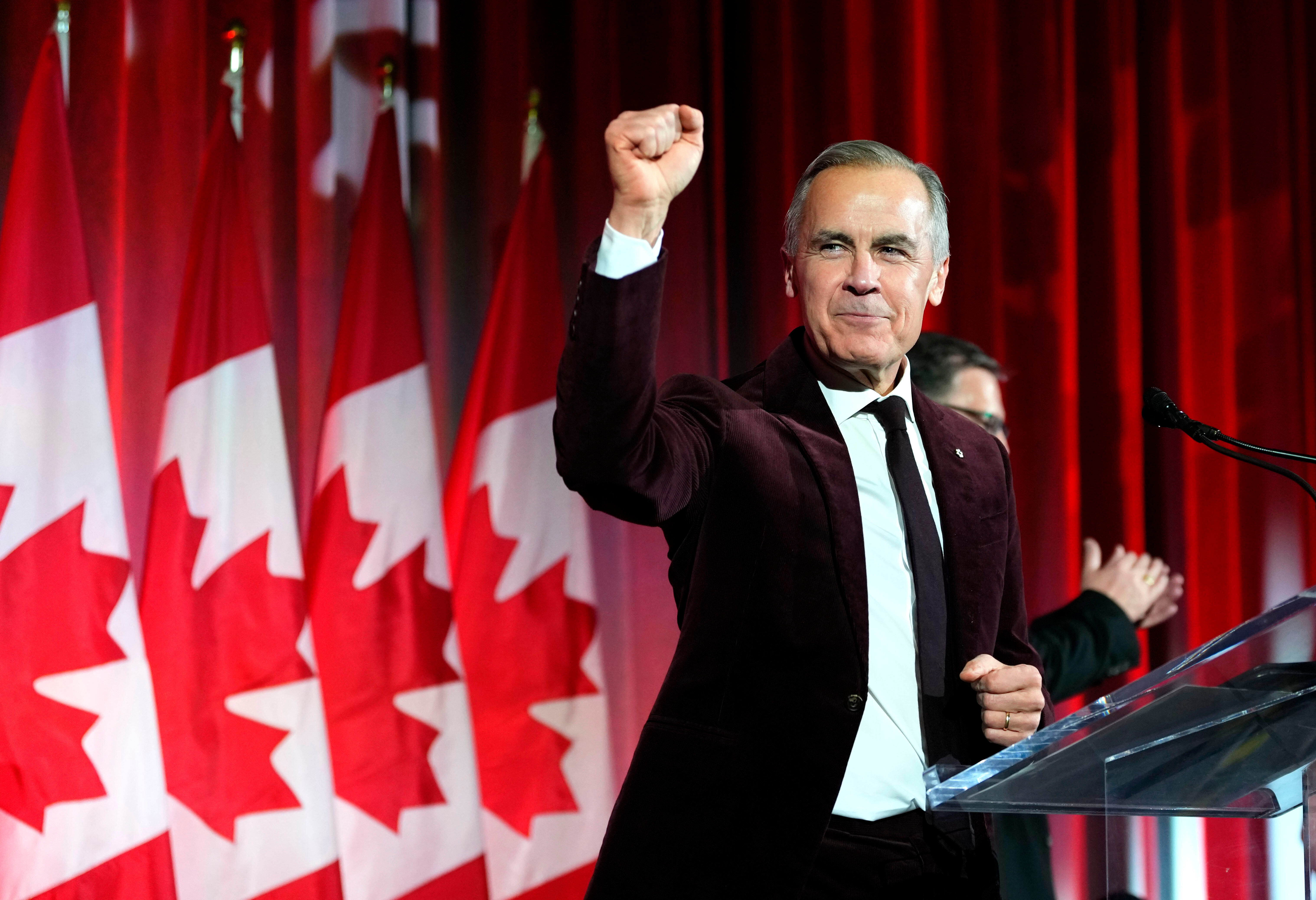Tapping the Strategic Petroleum Reserve won't do much to curb gas prices, analysts say
President Joe Biden's announcement that the U.S. and five other countries are tapping their emergency oil supplies is aimed at reassuring consumers that the White House is taking action to curb surging gasoline costs. But energy analysts say the gambit — an unusual use of the country's Strategic Petroleum Reserve — may do little to lower prices at the pump.
The main reason: Although the 50 million additional barrels of crude the U.S. plans to add to the market amounts to the biggest release of oil in history, that is unlikely to sharply reduce gas prices, experts told CBS MoneyWatch. Even factoring in the additional 20 million to 30 million barrels other countries agreed to release, that's well below the amount of oil the world consumes in a single day.
"We're talking about adding, at best, a day's worth of supply to the global market," Troy Vincent, an analyst at market research firm DTN, told CBS MoneyWatch.
U.S. refineries, which turn crude oil into gas, produce 15.5 million barrels of oil a day, so the extra oil coming to market "meets just over three days' worth of U.S. refinery demand," he added.
Indeed, the difficulty of budging oil prices could prove frustrating for Mr. Biden, whose public approval ratings have dropped amid the strongest gust of inflation in decades.
Gas demand tops supplies
Gas prices have risen steadily in recent months, hitting a national average of $3.39 this week, according to AAA. That's a few pennies below prices earlier in November but 50% higher than a year ago.
After a decrease in driving in the early months of the pandemic, drivers are back on the road in droves. Yet global oil production remains slightly below 2019 levels, pushing up prices.
"I see demand for gasoline back at 2019 levels, but the production of refined products are a million barrels a day below where they were in 2019," Vincent said.
Meanwhile, U.S. refineries are unlikely to boost gas production, which would ordinarily ease prices, because operational challenges would make it hard to earn a profit. Refiners also use crude to make other products, and turning on a dime to increase their output of gas is difficult, Vincent explained. Jet fuel prices remain lower than before the pandemic, eating into refiners' margins.
Why drivers should wait a week
"Before long you should see the price of gas drop where you fill up your tank," Mr. Biden said in announcing the oil release.
That drop is likely to be modest, according to analysts. The cost of oil does affect the prices motorists find at the pump — the cost of crude account for about 60% of the price of gas, according to federal energy data. So if oil prices drop, gas prices should eventually follow.
The question is when. Gas stations will start to receive the oil released from the Strategic Petroleum Reserve in late December, with shipments set to continue through April, according to the Department of Energy.
Once cheaper fuel hits the market, it takes between three and seven days for consumers to see lower prices at the pump, Patrick DeHaan, head of petroleum analysis at GasBuddy, told CBS MoneyWatch.
"It would take one to three weeks for [lower] prices to fully pass along" to the consumer, he added.
The reason for the delay? Gas stations, even when they get cheaper fuel, lower prices at the pump by only a cent or two in order to preserve their profits, while carefully watching what their competitors are doing. As a result, gas stations move prices a little lower every day for a week or two, at which point the full price drop is factored in. The same process happens, in reverse, when fuel costs rise.
So how much could gas prices fall?
DeHaan estimated that gas prices would drop an average of 5 cents to 15 cents per gallon following the SPR release, which he called "underwhelming."
"The [White House] announcement and details just leave me disappointed — go big or go home, and I think the WH struck out," he said on Twitter. Goldman Sachs analysts called the release "a drop in the ocean."
The good news for drivers is that, even without the emergency oil release, gas prices are expected to decline starting early next yea thanks to slow but steady increases in output and lower demand after the holidays.
The Energy Department and the International Energy Agency predict that oil demand next year will drop slightly in the coming months as seasonal factors and the latest COVID-19 surge inhibits driving. That should flow through to gas prices, analysts said.
"We're expecting production to increase globally by 2 million barrels a day in the next four months. At the same time, you'll have this decline in seasonal demand," Vincent said.



